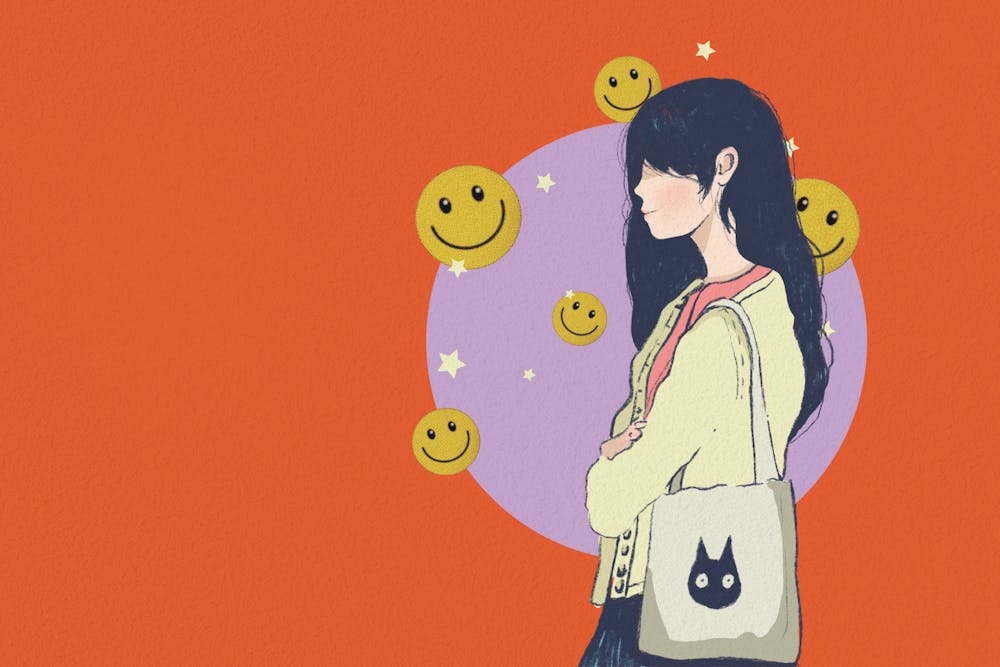It's safe to assume that life isn’t usually like the movies. However, the events of the past couple years might lead one to believe otherwise. Suddenly, our everyday existence started to resemble the events of a futuristic, apocalyptic film. With real life increasingly mirroring fiction, Gen Z has taken to social media to ask the question: Who’s the main character?
Main Character Syndrome—although not a diagnosable mental disorder—is a genuine topic of psychological analysis. Under this mindset, Gen Zers position themselves as the leading actors and actresses of the "movies" that are their day–to–day lives.
Although the phenomenon first arose on TikTok, social media users everywhere are diagnosing themselves with the syndrome in the name of romanticizing their lives. In response, they've been labeled everything from self–assured protagonists to self–centered narcissists. Given these polar–opposite labels, what does identifying with Main Character Syndrome actually say about a person? And why are we seeing this phenomenon boom in popularity now?
In general, there are two ways a person with Main Character Syndrome can be perceived online: as self–absorbed or as a confident romantic.
Those categorized as the former are said to have created warped, idealized, and often completely false versions of their lives that they force onto other users. Online, anyone can create an image of themselves that looks effortlessly fun—regardless of whether or not it's genuine.
On social media, a dishonest idealization of life—one that strives to prove that "my life is better than yours"—inevitably breeds a toxic sense of comparison.
To give a voice to those whose experience with the trend has left them feeling like they don't measure up, a new movement has arisen: #NotTheMainCharacter. People now proclaim themselves as side characters, background characters, the main character’s best friend, their love interest, and countless other roles. Instead of playing into the harmful culture of one–upping that Main Character Syndrome can perpetuate, users remind each other that it's perfectly normal for life to feel unremarkable every now and then.
Embodying the positive side of the trend, the confident romantics are those who use Main Character Syndrome as an excuse to appreciate the little things and accept the small gifts that the universe has to offer—even in times of trouble. Here, Main Character Syndrome encourages social media users not to take life for granted. It's a mindset that endeavors to make the everyday experience more fun.
The positive side of Main Character Syndrome encourages people to find joy in a perfectly–brewed morning cup of coffee, a phone call with an old friend, and a scenic walk through a quiet neighborhood. It does not require flaunting all of the aspects of your life that seem somehow better or more movie–esque than your peers' lives. It calls on us to idealize those quotidian moments that make the hard times a little bit more bearable.
It's important to recognize the pitfalls of Main Character Syndrome, but when the world is in turmoil, a little bit of romanticization doesn’t hurt. After all, we all have our own individual lives to live. As long as we're careful to cultivate a mindset of gratitude—and not comparison—why not cast ourselves as the leads in our own stories?

